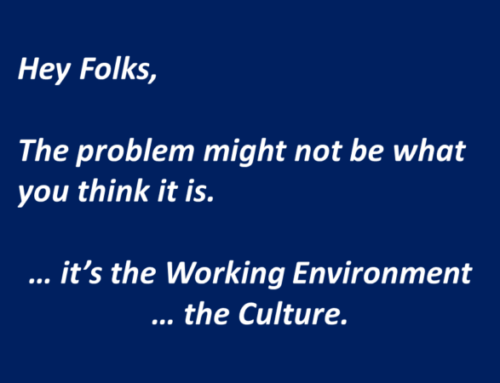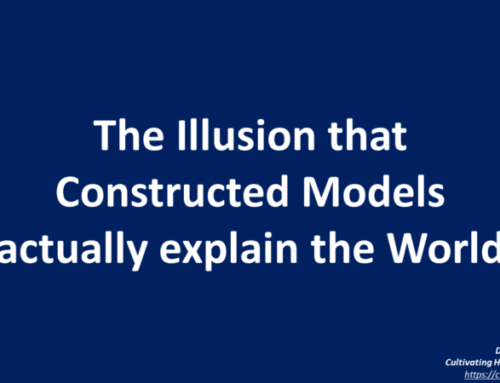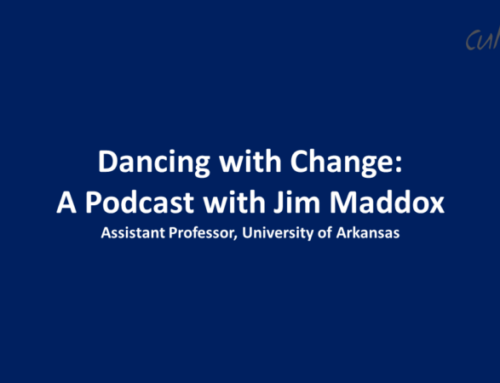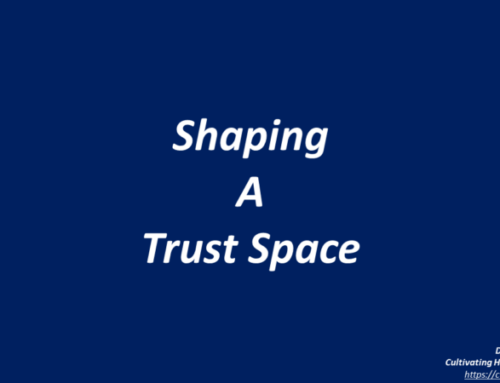Facilitator, Moderator, Consultant, Trainer
Clarify Your Role!
Time and again I encounter essential misconceptions on the meaning and role of a facilitator, and time and again – four times during the past week – I’m asked to clarify.
I continuously read blog posts that claim authority on facilitation, yet display a complete misunderstanding of the notion. One example was provided recently by a leading Organisation Development institute in the UK who published a post combining and confusing the roles of facilitator and moderator and describing it as facilitation. As I have learned to respect their work, my surprise was even greater.
Social media is full of high-profile events comprising of speakers, panels and socialising, that claim to be “facilitating” something new … and are generally doing nothing of the sort.
The roles of Facilitator, Moderator, Consultant, Trainer, are essentially different.
It is not simply important, it is indeed essential, to clarify one’s role with clients before taking up an assignment; we always have a responsibility to the people we are working with – the groups. We need to be clear and explicit on our role towards them. Anything else runs the danger of being accused of manipulation, which potentially opens a series of uncomfortable ethical Questions.
Let’s summarise and clarify the roles …
Facilitator
A facilitator creates and holds the space to enable a group to focus on finding responses to their challenges.
S/he provides orientation, focus and structure for an event/meeting. Interventions are limited to focus and possibly relationships. Most interventions take the form of Questions. Suggestions to the group are genuine invitations.
The group owns all content as well as any outcomes. Facilitators free themselves of all interest in the outcomes. A facilitated intervention is not a process.
True Facilitation is both a Practice and an Art, rooted in attitude.
And this makes it extremely challenging to teach. Attitude cannot be taught.
The essential practice includes …
- Presence: Your ‘BEing’ in the space, fully present, clear, conscious, aware of the group, the context, the interactions, the geography, the interrelationships, and above all ‘YourSELF’.
This Presence incorporates availability for the group without interfering; acceptance by the group; the unspoken message to the group “it’s your party”. - Letting Go: You have no control whatsoever on the group’s interactions, and if you attempted to exercise control or in any way direct the group, you would no longer be facilitating. You are perfectly comfortable letting go of the delusion of control, handing over responsibility for interactions and especially outcomes, to the group.
- Trust: You present the group with your trust; you convey trust, especially non-verbally. The group feels they have the power (which they actually do).
The group trusts you.
The Space you create enables them to evolve trust in one another.
The group knows what it needs to do. The facilitator doesn’t. S/he cannot know.
There’s much more of course.
Learning to facilitate takes years of practice, including years of work on oneself, and the work never ends …
Moderator
A group moderator is tasked by the client with helping to steer/guide/lead the group towards achieving specific outcomes, pre-defined and made explicit by the decision makers.
It’s a controlling role … and colleagues beware – clients may also be setting you up as an alibi to have an excuse to reassert a pre-defined position regardless of the view of the group members. While participative approaches may be integrated into the process and people may be given space to contribute, interventions are made with the outcomes in mind. The group owns content.
The event is outcome-driven. The process is designed to achieve the pre-defined outcome.
The moderator is interested in the outcome (achieving goals).
Moderation is a functional role.
Consultant

A consultant is engaged to support a client business with know-how, experience, contacts etc.
So many consulting formats exist it would be unrealistic to attempt to list them all. Commonly practiced examples include …
- Expert advice, where answers/solutions are desired and provided. The consultant owns content. Example: legal advice.
- Providing expertise and experience to work closely with a client to produce pre-defined results. The consultant owns content with the group. Example: Product design.
Personally, when I’m acting as a Consultant for clients, I have experienced that I truly add value by finding and asking the powerful Questions that cause the client to reflect.
While in specific cases, I may have considerable experience which I can contribute, deep down the client always knows which approach they really want to take. Powerful Questions support them in the process of uncovering their appropriate next steps.
Trainer
A trainer’s task is to train groups in specific pre-defined skills and methods so they are able to apply them independently. Examples include: languages, software, equipment operation, first-aid.
The trainer is a subject expert. Content to be learned will be pre-defined.
Thousands of trainers throughout the world earn a comfortable living from “training” communication skills. I used to do this too until I discovered what was making me feel uncomfortable with this concept … Training communication skills is nothing more than encouraging people to behave, in specific situations, in a particular manner thought by others to be appropriate. Everything sounds so logical and seems so clear. Humans however are not logical – we are living organisms and need to learn to air our emotions. No training can do this.
Similar problems exist with the concept of Leadership “Training”, which is only appropriate in a military-style environment.
Many trainers refer to themselves as a “facilitator”, thinking it somehow sounds better to clients, which may be true. The description is incorrect and misleading. Even those who use participative approaches rather than a teaching-style remain trainers in this context.
A Personal Note
I describe myself as a Facilitator, and this is my role with clients in the vast majority of assignments I undertake.
Of course, much of my work consists of consulting.
Occasionally, I am requested by clients to be a moderator.
When I’m engaged as a Coach, I clarify my role and approach with the client.
Culture Change – the bulk of my work – is a facilitated initiative. It cannot be moderated – unless the client is seeking to impose a dictatorial domineering culture. If the intention of the initiative is ethical, any attempt to describe and design them as processes are doomed to failure. There will not be a fundamental change.
In some cases, such as when I am leading the cultureQs® Licence Programme – in effect, a Train the Facilitator Programme – I am switching between the roles of Facilitator and Trainer.
The group knows this: it is clarified at the start.
When someone accepts an assignment, in each case, it is our responsibility to be clear on the framework of the role and share this clarity with groups.
This is a fundamental Question of professional and personal integrity.
You may download this post as a pdf here: Facilitator Moderator Consultant Trainer_1









